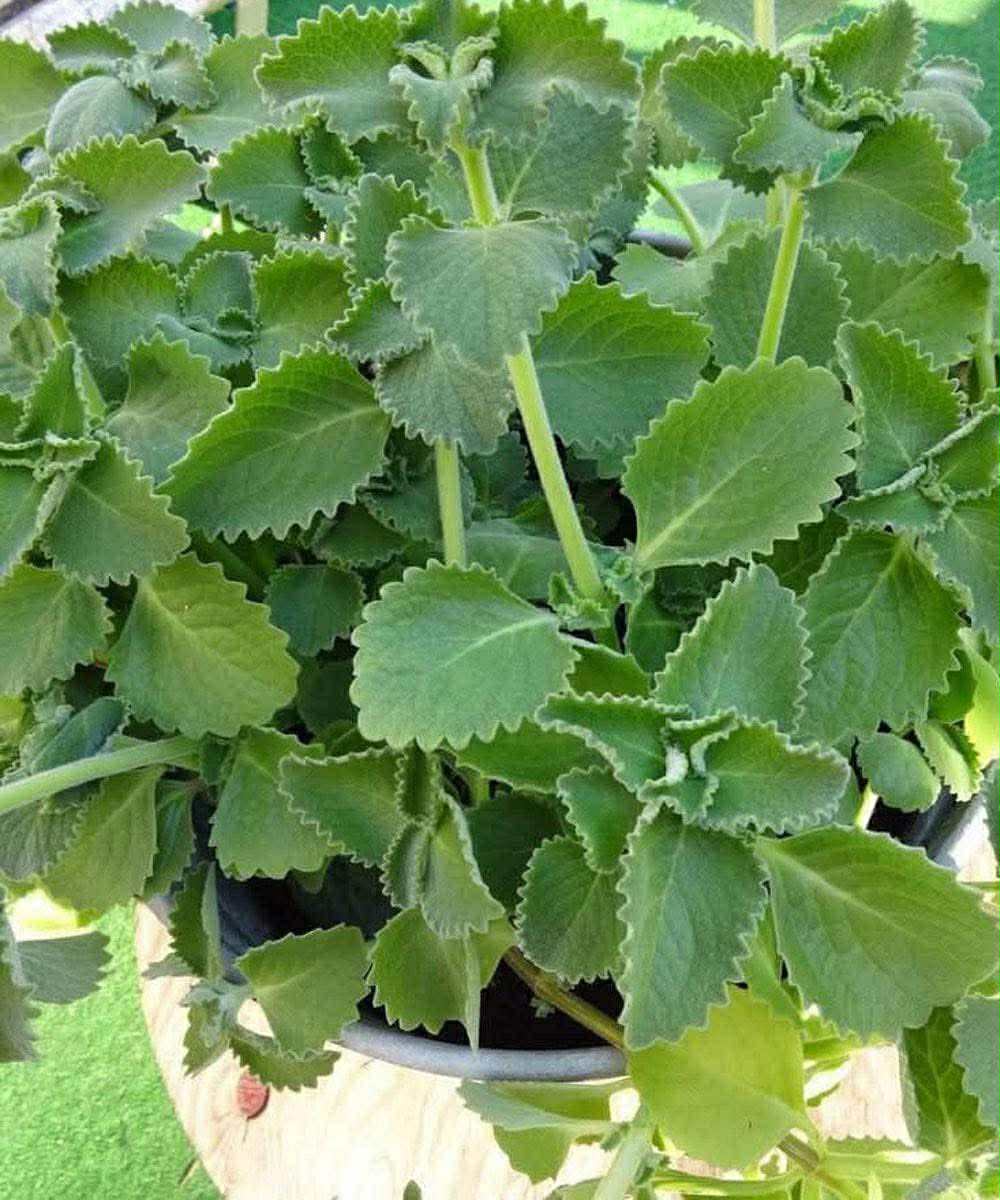Oregano — scientifically known as Origanum vulgare — is more than just a fragrant kitchen herb sprinkled on pizza or pasta. For centuries, it has been celebrated as one of nature’s most potent medicinal plants. Ancient civilizations didn’t just value oregano for its flavor — they turned to it for its ability to fight infection, ease digestion, and boost vitality. Modern science has now confirmed much of what traditional healers already knew: oregano contains a remarkable concentration of bioactive compounds that make it one of the most powerful herbs for promoting health and resilience.
A Medicinal Legacy Rooted in History
Long before oregano became a staple in Mediterranean cooking, it was prized in Greek and Roman medicine. The word “oregano” comes from the Greek oros ganos, meaning “joy of the mountains.” In ancient Greece, physicians like Hippocrates used it to treat respiratory and digestive ailments. Roman soldiers were said to use oregano oil to disinfect wounds and preserve food during long campaigns.
Through centuries, oregano maintained its reputation as a healer’s herb. It was used in herbal tonics, teas, and poultices across Europe and the Middle East for its cleansing, antimicrobial, and restorative properties. Even today, it remains a cornerstone of natural medicine — bridging the wisdom of the past with the precision of modern science.
The Science Behind the Herb
Oregano’s medicinal strength lies in its essential oil, which contains two powerful natural compounds: carvacrol and thymol. Both are phenolic compounds with strong antibacterial, antiviral, antifungal, and anti-inflammatory effects. Together, they work as nature’s defense system — neutralizing harmful microorganisms while supporting the body’s natural healing response.
Carvacrol is known for its potent antimicrobial activity, capable of disrupting the cell membranes of bacteria and fungi. Studies have shown it can help fight common pathogens such as E. coli and Staphylococcus aureus.
Thymol, on the other hand, is a natural antiseptic and antioxidant. It helps protect tissues from oxidative stress and supports immune defense.
In addition to these compounds, oregano is packed with vitamins A, C, E, and K, along with essential minerals like iron, calcium, and manganese. It’s also rich in flavonoids and rosmarinic acid — antioxidants that reduce inflammation and support cellular repair.
Health Benefits Confirmed by Research
Modern research has validated many of oregano’s traditional uses, showing that it can support the body in multiple ways — from fighting infections to improving digestion.
1. Immune System Support
Oregano’s natural antimicrobial properties make it a powerful ally for the immune system. Oregano oil has been shown to inhibit the growth of bacteria, viruses, and fungi, including Candida albicans, a common yeast that can cause imbalances in the gut and skin. Its antiviral effects also make it a popular natural remedy during cold and flu season.
2. Digestive and Gut Health
A healthy gut is essential for overall wellness, and oregano plays a key role in maintaining microbial balance in the digestive tract. It helps reduce harmful bacteria while supporting beneficial gut flora. People who suffer from bloating, gas, or mild indigestion often find relief from oregano tea or diluted oregano oil capsules.
Some studies suggest that oregano oil may help combat small intestinal bacterial overgrowth (SIBO), a condition where bacteria accumulate in the small intestine, leading to chronic digestive discomfort.
3. Antioxidant Protection
Oxidative stress contributes to aging and many chronic diseases. The antioxidants in oregano — especially rosmarinic acid — neutralize free radicals, protecting cells from damage. This antioxidant action supports heart health, joint flexibility, and skin vitality.
4. Joint and Muscle Relief
Thanks to its anti-inflammatory compounds, oregano can help reduce mild joint or muscle discomfort. Topical application of diluted oregano oil may ease soreness or stiffness, while its internal use helps reduce inflammation from within.
5. Respiratory and Urinary Health
Oregano’s antibacterial and antiviral properties extend to the respiratory and urinary systems. Herbal practitioners often use oregano tea to relieve symptoms of sore throat, cough, and bronchial irritation. It can also help support urinary tract health by discouraging bacterial growth.
Simple Ways to Use Oregano for Health
Oregano is one of the most versatile herbs in natural medicine. Whether used fresh, dried, or in oil form, it can easily become part of your daily routine.
1. Oregano Tea
Brewing oregano tea is one of the simplest and most effective ways to enjoy its benefits.
Boil one cup of water and add one to two teaspoons of dried oregano leaves.
Let it steep for 5–10 minutes.
Strain, add honey or lemon if desired, and drink it warm.
This tea can soothe digestion, calm the nerves, and provide gentle immune support.
2. Oregano Essential Oil
Oregano oil is highly concentrated, so it should always be diluted before use. Mix a few drops with a carrier oil like olive or coconut oil before applying it to the skin. It can be used on the chest for respiratory support or on sore joints for relief.
Internally, oregano oil capsules are available as dietary supplements, but they should be used carefully and under professional guidance, as the oil is very potent.
3. Culinary Use
Adding oregano to meals is an effortless way to enhance both flavor and nutrition. Sprinkle it over salads, soups, grilled vegetables, or meats. Regular consumption supports digestion and provides ongoing antioxidant benefits.
Safety and Precautions
While oregano is generally safe, its potency means moderation is important. Pure oregano oil can cause irritation if applied undiluted to the skin or consumed in large amounts. Pregnant or breastfeeding women, and individuals with medical conditions, should consult a healthcare provider before using concentrated oregano products.
Because oregano oil has strong antimicrobial activity, overuse can also disrupt gut flora balance. When used correctly, however, it’s an incredibly effective natural remedy with a long record of safety.
The Modern Relevance of an Ancient Herb
In a world where antibiotic resistance and chronic inflammation are rising concerns, oregano offers a natural solution that bridges tradition and modern science. Its broad-spectrum antibacterial and antiviral activity makes it a valuable complement to conventional medicine — not a replacement, but a natural tool to strengthen the body’s defenses.
More researchers are studying oregano’s potential against emerging pathogens and its role in supporting immune resilience. What they continue to find reinforces a simple truth: some of the most effective remedies still come from nature.
The Takeaway
Oregano isn’t just a culinary herb — it’s a powerful, time-tested natural healer with a wide range of scientifically supported benefits. From boosting immunity and improving digestion to reducing inflammation and protecting against infection, its versatility makes it one of the most valuable plants in natural health.
Whether enjoyed as tea, used as an essential oil, or sprinkled generously over your favorite dish, oregano offers more than flavor — it offers protection and balance for the body.
As science continues to explore the remarkable properties of plants like oregano, it becomes clearer that nature’s medicine cabinet still holds some of the most potent remedies we have. So the next time you reach for that jar of oregano, remember — you’re not just seasoning your food. You’re adding one of the world’s oldest and most powerful healing herbs to your life.


